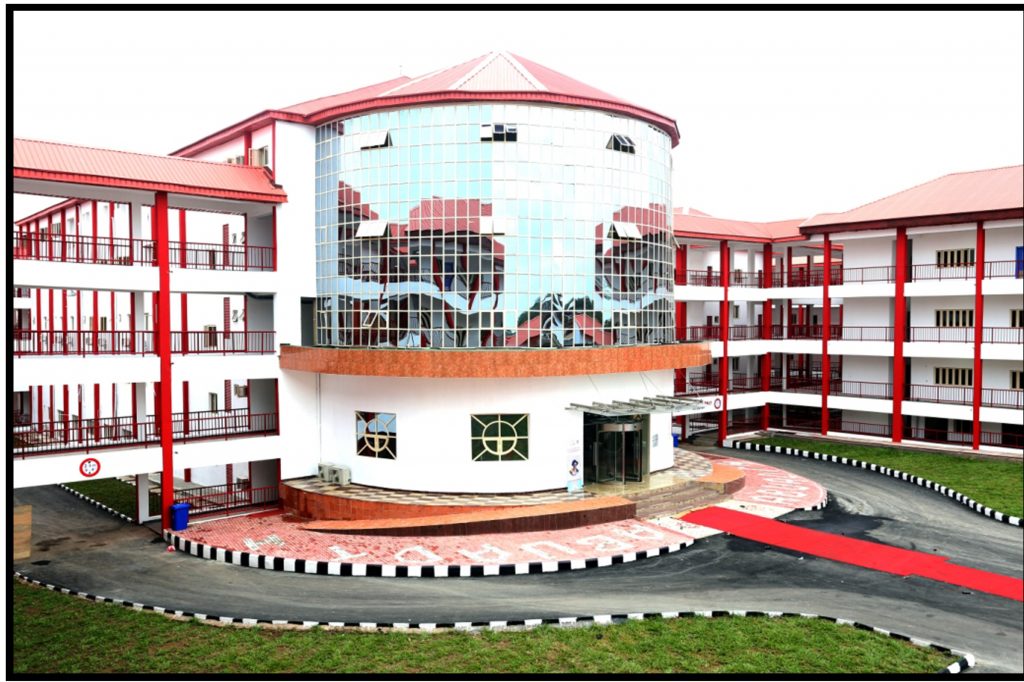Nigeria Takes Bold Step In Cancer Fight With Training For 120 Young Researchers.
A ray of hope has emerged in Nigeria’s battle against cancer as the Federal Government launched a pioneering programme to train 120 young researchers in cutting-edge techniques to prevent and treat the disease. Unveiled this week in Lagos, the initiative has been hailed as a landmark effort to tackle a health crisis that claims countless lives across the nation each year.
Health Minister Dr Adeola Johnson, who presided over the launch at a bustling conference centre, described the programme as a “game-changer” for Nigeria’s healthcare system. The trainees, selected from universities stretching from Sokoto to Port Harcourt, will collaborate with leading international cancer experts to devise solutions tailored to the country’s unique challenges. “We’re investing in our future,” Dr Johnson told an enthusiastic crowd of medical professionals, researchers, and families affected by cancer. “These young minds are our weapon against this silent killer.”
The programme, funded through a partnership between the Ministry of Health and global health organisations, will span six months and cover advanced topics like early detection, immunotherapy, and affordable treatment options. Participants, many in their 20s and 30s, expressed palpable excitement about the opportunity. “This is my chance to make a difference,” said Fatima Bello, a 27-year-old researcher from Ahmadu Bello University. “Cancer has taken too many from my community—now I can help stop it.”
Cancer remains a pressing concern in Nigeria, with late diagnoses and limited access to treatment contributing to high mortality rates. The initiative aims to bridge these gaps by building a new generation of experts equipped to innovate and educate. Dr Chidi Okonkwo, a Lagos-based oncologist, praised the move: “Training local talent means we’re not just importing solutions—we’re creating them here, for us.”
The launch event featured inspiring stories from cancer survivors, who joined hands with the trainees in a symbolic show of solidarity. One survivor, 42-year-old Amina Yusuf, moved the audience to tears as she recounted her recovery. “Seeing these young people gives me hope that others won’t suffer as I did,” she said. Organisers also announced plans to establish community screening centres based on the researchers’ findings, extending the programme’s impact beyond the lab.
With the first cohort already diving into their studies, the initiative signals Nigeria’s determination to turn the tide against cancer. As Dr Johnson put it, “This is more than training—it’s a promise to every Nigerian that we’re fighting for their health, one breakthrough at a time.” For a nation eager for progress, it’s a heartening step forward.



